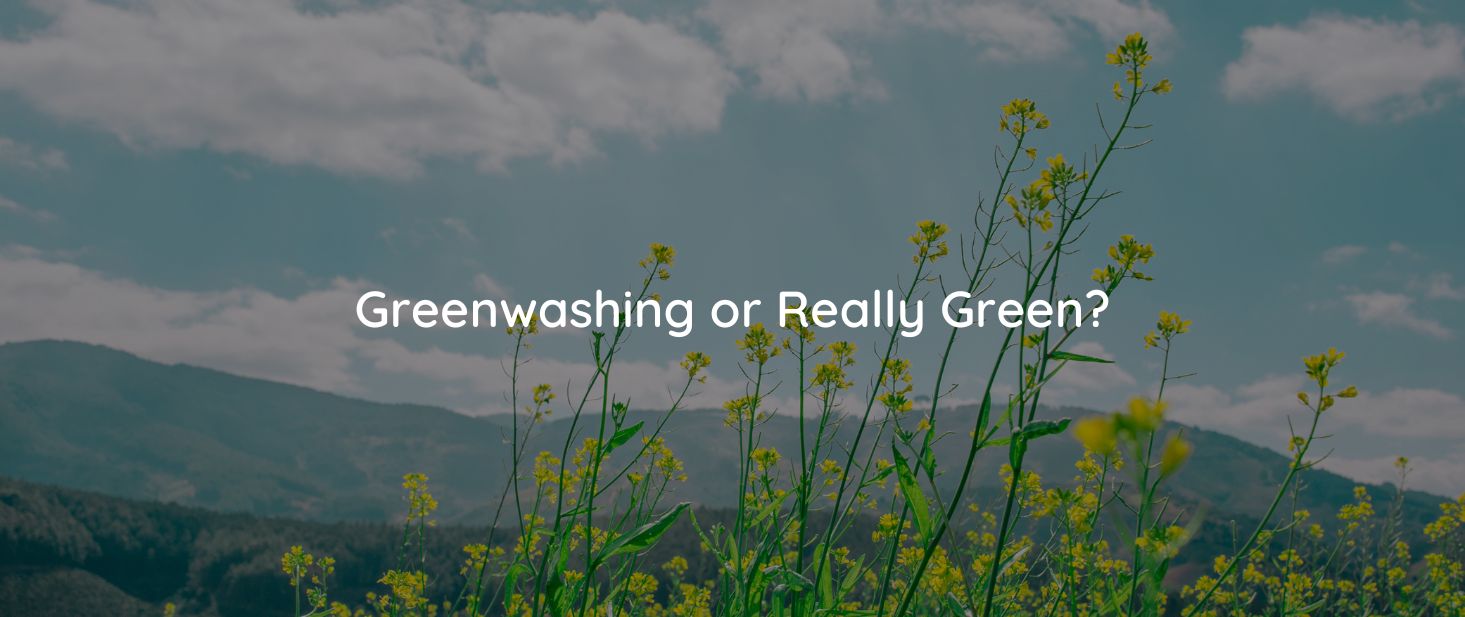
Photo by Artem Podrez
Temperatures and pollution levels are rising and with it the talk about sustainability. As a consumer, your concerns and questions about the brands you shop from are probably on the rise, too. With so many brands claiming to be sustainable, it can be confusing to discern which brand is truly walking the talk and which brand is just good at greenwashing.
Sustainability is SO many things. What exactly are you looking for?
Do you want a cruelty-free brand that is vegan? Or, are you looking for brands that value people over profit? Is an eco-friendly brand on the top of your search list?
Once you have some clarity about what matters to you, you can start looking for brands that align with your values. How do you find them, you ask? Read on to find out.
We have curated a list of questions that can tell you if the brand you’re shopping from is actually sustainable or not.
1. What materials does the brand use?One of the most basic things you can look into is the materials that go into making the products that you love. Are they eco-friendly that won’t negatively impact the environment?
Look out for materials like organic cotton, recycled plastics, hemp, seaweed, bamboo among others. Materials like these significantly reduce the environmental impact. For instance, at Ecoright, we only use conscious materials like organic cotton and recycled plastic.
Here’s what it helps us do-
The use of organic cotton helps us use 91% less water and 62% less energy. It also helps us reduce carbon footprint by 46%. Check out our collection of Crossbody Bags that are crafted with organic cotton.
Using Recycled Plastic (RPET) helps us reduce plastic waste and make our bags water-resistant and durable. Psst. Did you know that our Shoe Bags are made entirely from RPET?
2. Are their labour practices ethical?
Fair wages and safe working conditions are at the heart of sustainable brands. A brand that is taking ample steps to care for the people that work with and for them will proudly talk about the initiatives they’ve taken.
Certificates like FairTrade and SEDEX are great signs of knowing whether a brand treats its employees ethically or not. These take into consideration factors like wages, working hours, workplace safety, and equal opportunities.
Wondering if Ecoright is ethical or not? See for yourself here.
Transparency is a huge part of sustainable brands as it gives consumers and other stakeholders an insight into the brand’s practices. Brands that aren’t trying to veil their unsustainable practices will often openly share information about their manufacturing, community work, and raw materials, among other things. You can look for pages like this one.
The products that you can buy from a brand can be made ethically with eco-friendly materials, but what about the packaging? Packaging makes up a huge chunk of solid waste. A truly sustainable brand will take into account the greater impact that their packaging has on the environment.
Sustainable brands tend to avoid unnecessary packaging. They also use biodegradable or recycled material to lessen the impact. For instance, all our packaging and branding material is made with post-consumer recycled plastic.
4. Has the brand taken any steps to reduce their carbon footprint?
Has the brand you’re looking into taken adequate steps to reduce their carbon emissions? To check this, you can look into their manufacturing processes. Sustainable brands often employ processes that can help them reduce their greenhouse emissions. Their ultimate goal is to go carbon neutral or positive.
PS. Did you know that solar energy, rainwater harvesting, sustainable transportation and zero-plastic tolerance are among some of the practices Ecoright employs to get a step closer to being carbon neutral? You can read more about it here.
Certifications are perhaps the most trustworthy proof of a brand being sustainable since they take into account many factors, including working conditions and labour practices, material sourcing, community work, and environmental impact, among other things.
Some noteworthy certifications include B Corp, ECOCERT, Fair Trade, GoodWeave, and Global Organic Textile Standard.
Have you had the chance to read our big news yet?
While the list of questions you can ask yourself before deciding whether or not a brand is greenwashing are endless, this list can help you start probing. Check labels, read the brand’s website, or do some extra digging and refer to external sources to arrive at your own conclusions.
Curious about how sustainable Ecoright is? Check out our website, social pages, or directly reach out to us and we’ll be happy to put your mind at ease!


